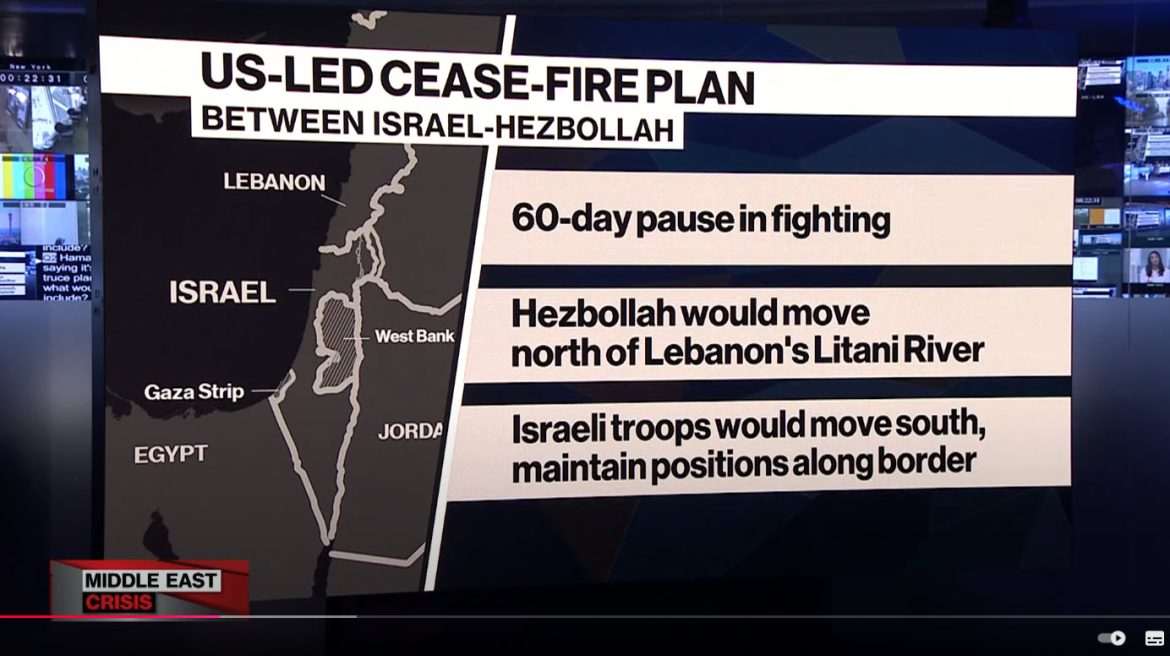As violence escalates in the Middle East, U.S. officials are working urgently to broker ceasefires in Gaza and Lebanon, aiming to de-escalate hostilities involving Israeli forces, Hezbollah, and Hamas. American diplomats are also focused on containing potential fallout with Iran following recent Israeli strikes in the country. Despite efforts, sources suggest a ceasefire may not materialize before Tuesday’s U.S. presidential election, as Israeli Prime Minister Benjamin Netanyahu reportedly waits to see the outcome, which could influence U.S. policy in the region.
Lebanon’s Prime Minister has expressed cautious optimism, indicating that an Israel-Hezbollah ceasefire could be achievable within days. Diplomatic channels remain active as officials from both the U.S. and European Union press for a pause in fighting that would alleviate civilian suffering and prevent wider regional involvement. American officials are reportedly hopeful yet realistic, acknowledging that Netanyahu’s decision may hinge on who the next U.S. president will be, as each candidate represents different approaches to Middle Eastern policy.
The situation has grown increasingly complex after Israeli airstrikes targeted Iranian positions last week. U.S. officials are in close communication with Iran to reduce tensions, seeking to prevent a retaliatory strike that could further destabilize the region. Iran has not publicly announced any retaliatory plans, but the possibility of an escalated response remains a concern for Washington, especially as U.S. forces in the region remain on high alert.
In Gaza, recent Israeli strikes have targeted Hamas infrastructure, adding to the urgency for a ceasefire as humanitarian conditions worsen. The Biden administration has increased its diplomatic efforts in recent days, urging both Israel and Palestinian groups to prioritize negotiations over continued violence. However, the U.S. faces significant hurdles in brokering a lasting peace, given the regional complexities and the proximity to the American election.
Hezbollah’s involvement from Lebanon adds another layer of risk, as cross-border exchanges of fire have intensified. Diplomatic experts note that any ceasefire with Hezbollah would likely require extensive U.S. and European guarantees to ensure compliance from all parties involved. Analysts believe Netanyahu might calculate that a change in U.S. leadership could alter the diplomatic dynamics and influence U.S. support for Israel’s security strategy.
The U.S. continues to emphasize the importance of diplomacy and has engaged both Arab and European allies in efforts to prevent the violence from spilling into broader regional conflict. American officials, however, remain cautious about the timeline, acknowledging that election-driven uncertainties in the U.S. may deter Netanyahu from committing to a temporary ceasefire before Tuesday.
As the election approaches, the international community watches closely, hoping that diplomatic efforts can at least yield temporary calm in Gaza and Lebanon to allow humanitarian aid and negotiations to proceed.



